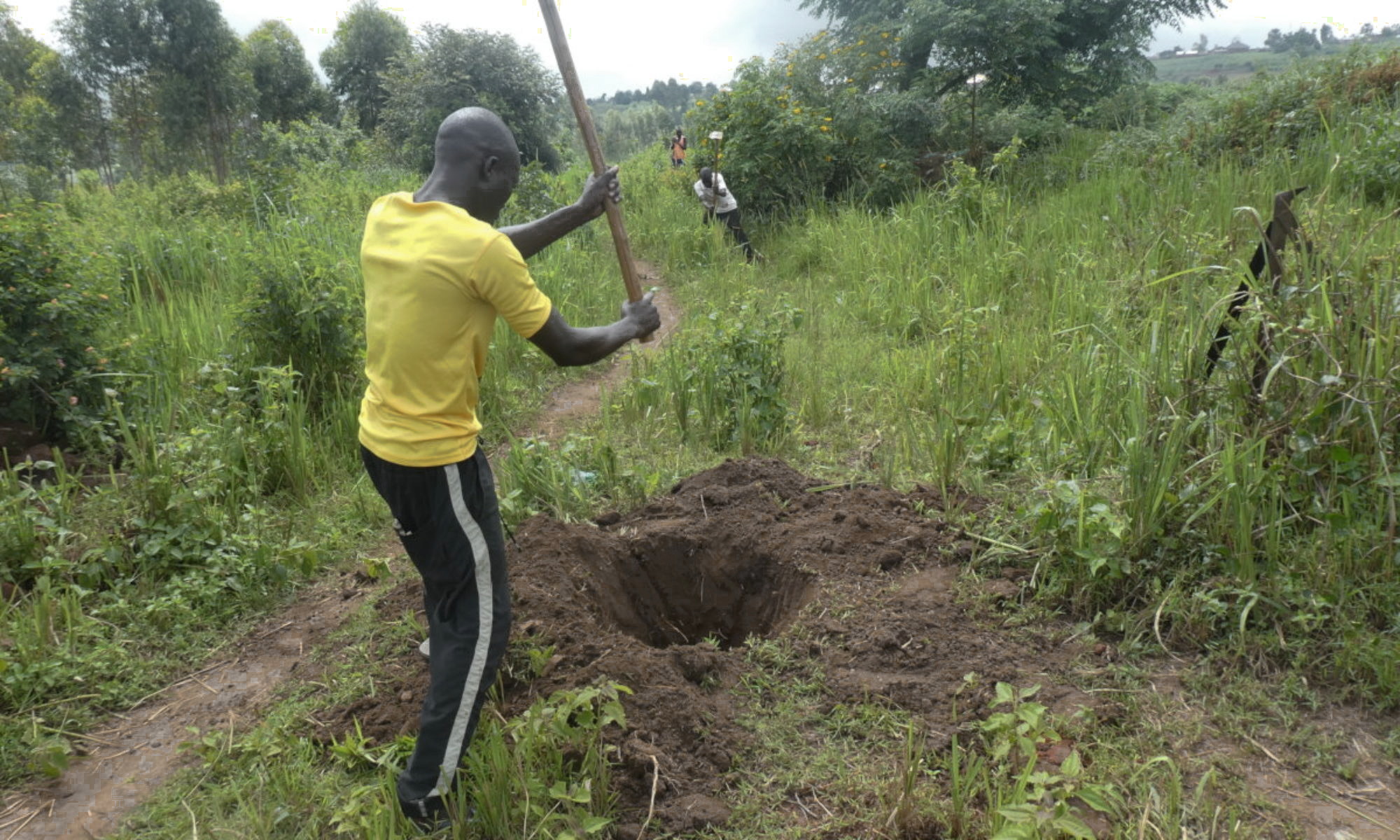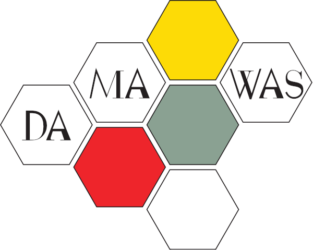The Sustainable Development Goals are also the ideal basis and guideline for our project.
Of course, a school and a cultural centre have their potential in the areas of education and social affairs. Here we would like to show what possibilities and effects we would like to see for the overall project.
Some UN Sustainable Development Goals are at a higher level and we strive to implement them at the local level.
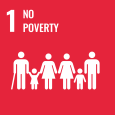
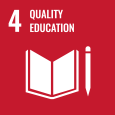
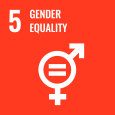
The DECCA School and Cultural Centre(Damawas Education and Cultural Center Arua) aims to provide access to education for all children in the catchment area, which is also seen as an important lever in the fight against poverty and gender inequality.


Children/adolescents who are in danger of falling out of the school system (the main victims are girls from puberty) should should get education combined with an income opportunity to be enabled to stay at school
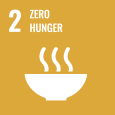
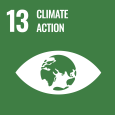
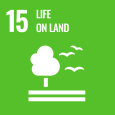
In the school garden and on the piece of land in Bondo , sustainable cultivation methods are to be applied in an exemplary manner – also in the school context. The aim is to secure school attendance through a self-produced school lunch and perhaps even to earn a financial contribution to the school by selling self-produced food.
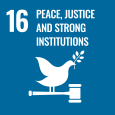
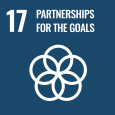
With the cultural centre, we want to create a place where an exchange between the school, the local community, an Austrian partner school and interested parties or supporters from different countries is possible.

As an extension of these possibilities, the invitation of guest lecturers and the offer of adult education (with regard to the function as an innovation hub) is envisaged.

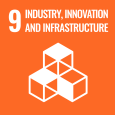
The accommodation of guests (interested, supportive, guest teachers) also means training opportunities and income in this area.
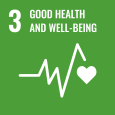

The early anchoring of the project in the surrounding area could be achieved through two initiatives that require little infrastructure: on the one hand, the early start of the later school garden, on the other hand, through a sports field, which is also open to interested parties later.
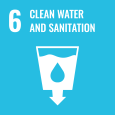
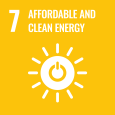
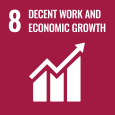

The sustainable solutions planned for the site (energy, water cycles, waste management) are most likely to be accepted and disseminated if they are convincing. This also includes the appropriate information, e.g. hygiene education (see Cultural Center) and implementation in practice (“lighthouse projects”)
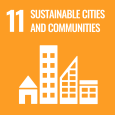
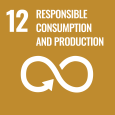
The more DECCA establishes itself in the various functions and unfolds its impact, the greater the potential for work opportunities in the internal area but also as a source of impetus for the local economy. It goes without saying that fairness and sustainability must also be the basis of all actions in this context.


The vision of international networking was at the beginning of the project development and remains as a medium- and long-term goal! If the project can establish itself externally as a place where innovations in the field of sustainability are applied and presented, hopefully a momentum of its own will arise:
Damawas as a place for people who want to implement something.
Ideally, however, the inspiration and exchange of ideas does not only run in one direction and the Cultural Center then grows with its tasks…
Vision: a place that is sufficiently in focus to offer opportunities to try out and experiment if necessary.
